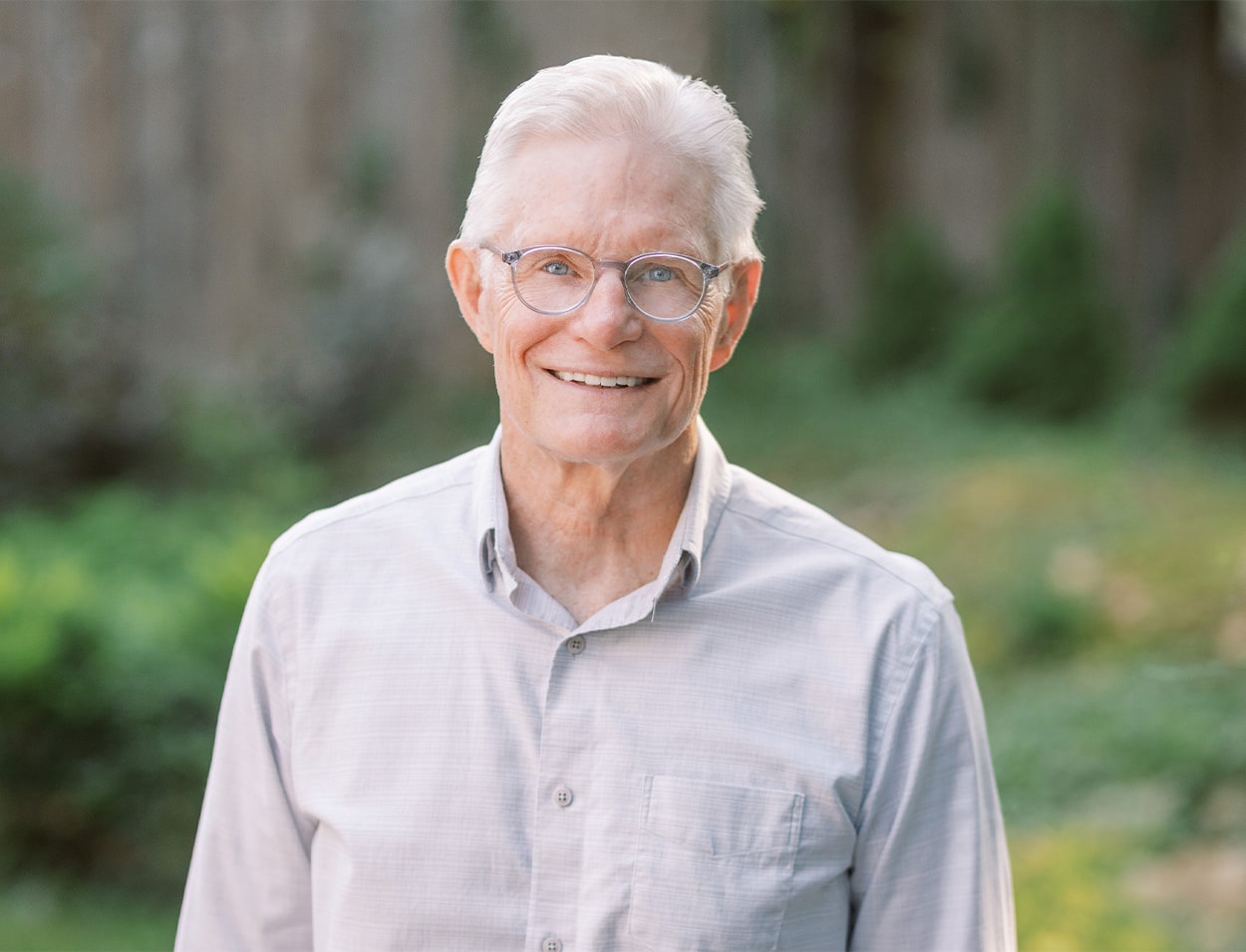“Even a happy life cannot be without a measure of darkness, and the word happy would lose its meaning if it were not balanced by sadness. It is far better to take things as they come along with patience and equanimity.” Carl Jung
This pandemic with all its restrictions, limitations, and constraints is challenging my patience. I’m not taking easily to being confined. “Can’t wait” for this thing to be over. Waiting in line to get into a grocery store, then waiting again to check out is testing my patience. Waiting on hold, going through some menu of options trying to sort out a charge that I know wasn’t mine or sorting out some kind of computer glitch. I’m wondering why are they taking so long? When are these restrictions going to end? Feeling constrained behind a mask, finding it strangely alienating having to wear a mask and not being able to see expressions on peoples’ faces or give physical signs of affection. Didn’t realize how much I depended on all that. All the while trying to push down the feelings of impatience.
So I’ve been thinking a lot about patience and impatience. What is patience really? Am I being patient when I’m thinking and feeling: “Ok I’ll wait again, but I feel like I’m going to explode?” Is it patience if I’m just waiting for the situation to change? Is patience just tolerating the impatience?
Even as I’m writing this I notice how often impatience is happening, thinking about my to-do list, running errands, and also imagining how when I’m running my errands I’ll be impatient to get back to writing this. It’s as if there’s almost always a wanting to be somewhere else or be doing something else. Looking more deeply, it’s as if I think something else will be more satisfying than what I’m doing.
As I contemplate the things that contribute to my impatience I’m aware of:
- Waiting for something good to happen in the future. Thinking how great it is going to be in the future. Noticing there is a kind of agitation when I am waiting for something good to happen.
- Impatient to get rid of something or over something. Wanting grief to be over, wanting to be done with disappointment.
- When my desires or expectations get thwarted or delayed. Not being able to follow through with plans because of COVID.
- Feeling confined makes me feel agitated and impatient.
So what does it mean to be patient?
The dictionary defines patience as enduring pain or trouble without complaining, calmly tolerating delay, confusion, and diligent persevering.
This definition of patience of waiting, enduring, tolerating, doesn’t suggest a shift in perspective or an opening of the heart. When I look at how our spiritual traditions have described patience it looks like all involve some kind of change of perspective and an opening of the heart. I think its fair to say that all of our major religions would claim patience as foundational to virtue, buoying up love, peace, and compassion. Spiritually patience has been described as Grace, a kindness that can allow things to be difficult, and that allows things to be just as they are.
Patience is a gentle persistent connecting with your experience just as it is. Being with what is. As they say in the 12 step programs, “Living life on life’s terms”. It is an active, not passive, engagement in perseverance, diligence, and steadfastness. Patience means being present with and accepting what is for now.
How about right now for you? Are you thinking about being or doing something else? How would you describe your level of impatience?
10 Tips to help us cultivate more patience:
- Updating our attitude toward discomfort. Naturally, we want to move toward comfort but discomfort is also a natural part of life that is unavoidable. We often make things worse by trying to avoid it. For example, losing weight is going to be uncomfortable. The fad diets make us believe that they have a unique way to make it comfortable but as far as I know this is never the case. Instead, we can say to ourselves, “This is uncomfortable, not intolerable.” Breathe and let yourself be uncomfortable. Accept the discomfort.
- Ask yourself why you’re in a hurry. If you feel rushed while going about your normal day, ask yourself why. Maybe being in a rush is just a habitual way of being that leads to more anxiety. Slow down and breathe slowly.
- Stop doing things that aren’t important. Breathe and prioritize.
- Accept the delay, difficulty, or annoyance with kindness and an open heart. Practice kindness.
- Put a pause between stimulus and reaction. Not immediately reacting gives you a chance to mindfully choose your response. Practice thinking before you speak. A meditation practice can help you do that as well as develop more resiliency and calm.
- Adjust our expectations. Traffic jams are part of life, parking spaces aren’t always available, long lines are to be expected. “I can’t wait” becomes “I might have to wait and if I do I have a book to read”.
- Ask yourself, Is my expectation realistic? If not reassess and recalibrate.
- Invite empathy and curiosity. Maybe the cashier is new on the job. Maybe there is a traffic jam because someone has been hurt in an accident.
- Don’t heap impatience on top of impatience. In other words, be gentle with yourself about not being patient.
- And finally, keep your sense of humor.
“The devil can best be beaten with patience, having none himself”. Carl Jung

